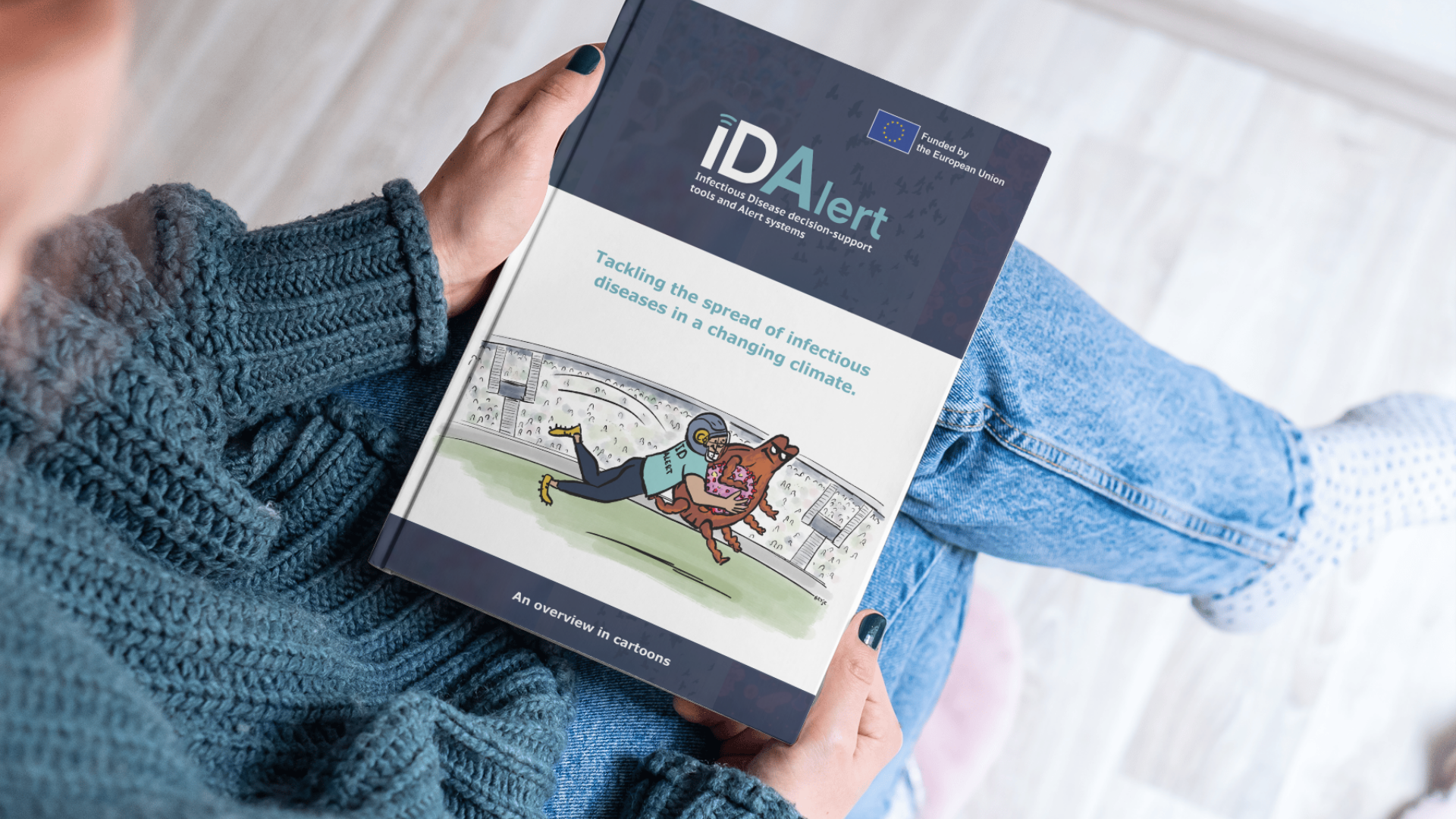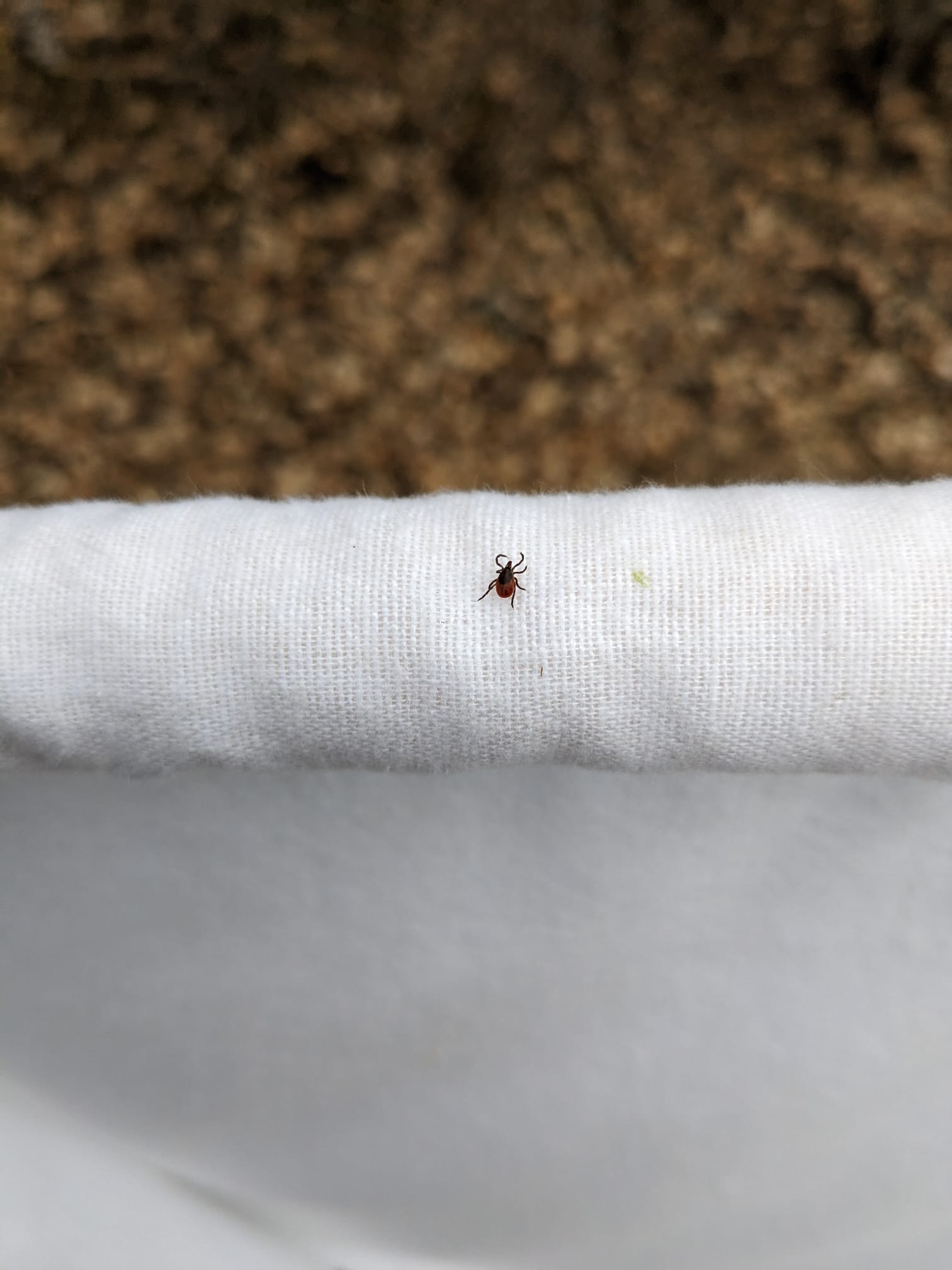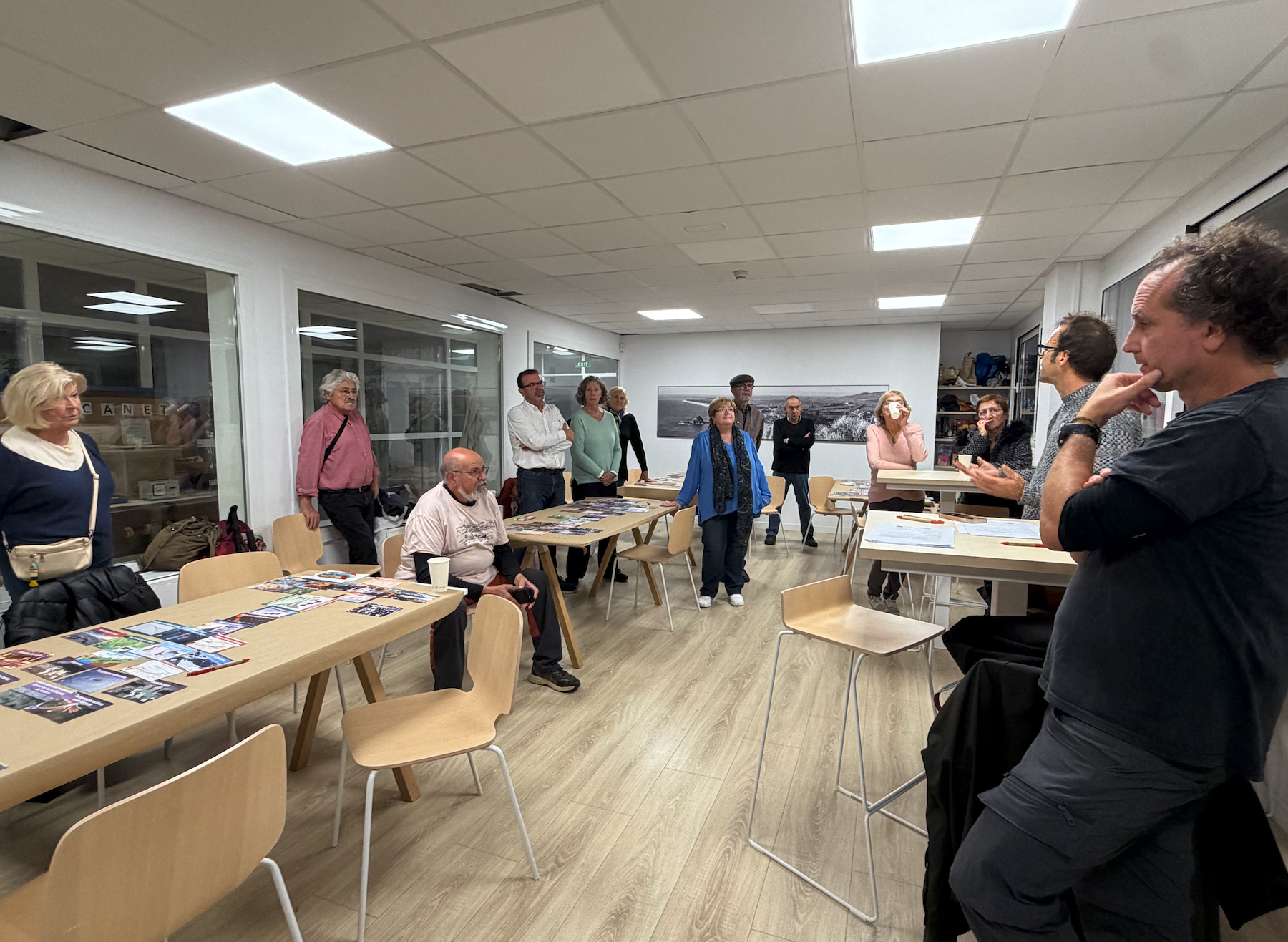Exploring mosquito exposure in city spaces: Insights from Pompeu Fabra University students on the Barcelona case study of the IDAlert
Five students from Pompeu Fabra University (UPF) got involved in the Barcelona case study for the IDAlert project. Supervised by Professor John Palmer and funded through UPF’s Planetary Wellbeing initiative, they contributed to the project by conducting an on-site survey to understand how the interaction between city spaces and people influences exposure to mosquitoes. They share their experiences and learnings in this article.
We are a group of fourth-year students from Pompeu Fabra University: Cris, Flavia, and Natalia, students of Political Science, Lidia of Medicine, and Mariona of Philosophy, Politics, and Economics. We got involved with the IDAlert project, interested in discovering how a multidisciplinary research group works, as well as in the project’s relationship with climate change, a key issue right now.
The main objective of our work was to obtain information on how the interaction between city spaces and people influences their exposure to mosquitos. We covered 44 points distributed throughout Barcelona and aimed for a minimum of 30 surveys per site.
During the survey, we hand-delivered a consent form with a QR redirecting participants to a larger survey in case they were willing to answer more questions at any other time. Carrying out the interviews went very well and quicker than expected, taking less than two months. Conducting these interviews was a continuous process of learning and adaptation. At the beginning of the survey campaign, we had to learn how to approach people to avoid distrustfulness. This was often accomplished by assuring participants that the questionnaire was brief, explaining our affiliation with Pompeu Fabra University, or capturing their attention by informing them that the survey was addressing mosquitoes. Another example of unexpected challenges we faced was the fact that there were some empty spots where people weren’t present, making it impossible to complete some sites.
A noteworthy aspect of our work is that we also recorded general observations of the spaces, people, and interaction dynamics. This allowed us to discuss meaningful qualitative information, creating new research possibilities, such as why different age groups get bitten differently according to the space or how personal experience with mosquitoes affects the perception of getting bitten.


In the end, we completed 1376 interviews at 39 different sites. Although it is too early to draw solid conclusions, we hope that, combined with other information sources, our short multi-spaced interview format will contribute to refining public policy decisions, including those related to green areas policies, sewage system maintenance, and risk control of mosquito-borne diseases, among many others.
We believe it is important to highlight that our fieldwork involved not just talking to subjects but to people sharing their experiences with mosquitoes. Fieldwork can be frustrating when many people do not answer or give bad looks. Nonetheless, it can also be exciting since there are kind and interested people willing to share their experiences and opinions.
Despite our diverse academic backgrounds, this experience will help us all in our future professional careers. We have experienced the importance of investigating with a rigorous methodology where attention to detail and methods is key. Professor John Palmer guided us every step of the way, allowing the work to advance quickly and with quality. We have put into practice our organizational, teamwork, and communication skills to work as a well-oiled machine learning that not only the data obtained de facto is vital, but also sharing our progress, doubts, and questions was very much needed to move forward. What we are sure of is that IDAlert has given us an insight into the world of research.




